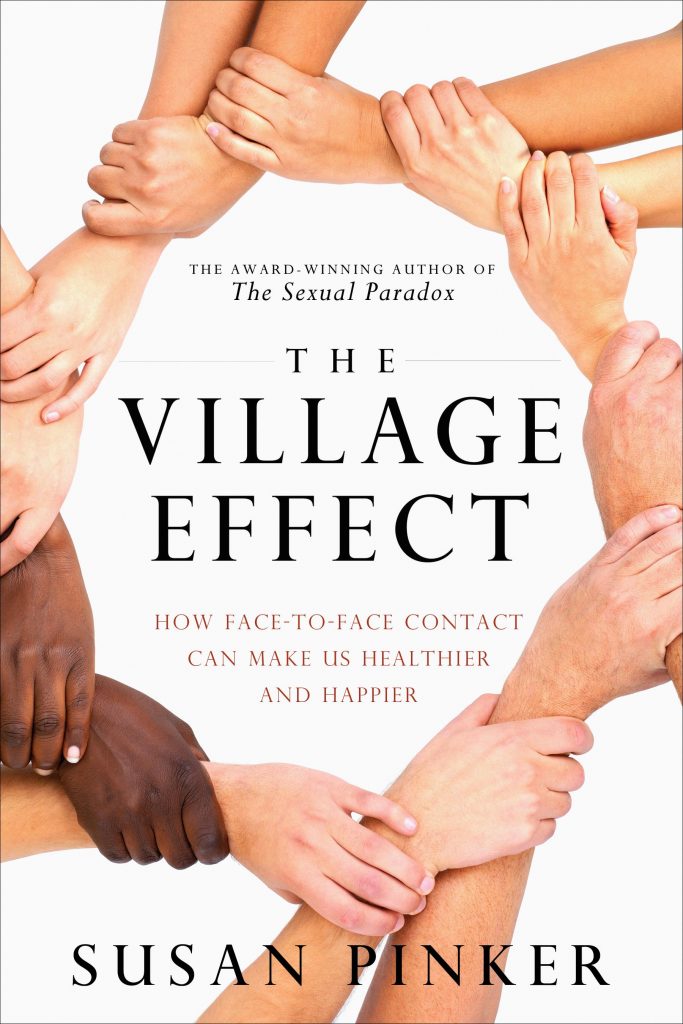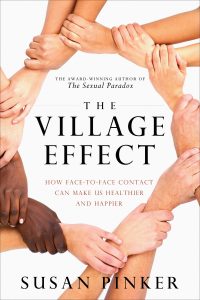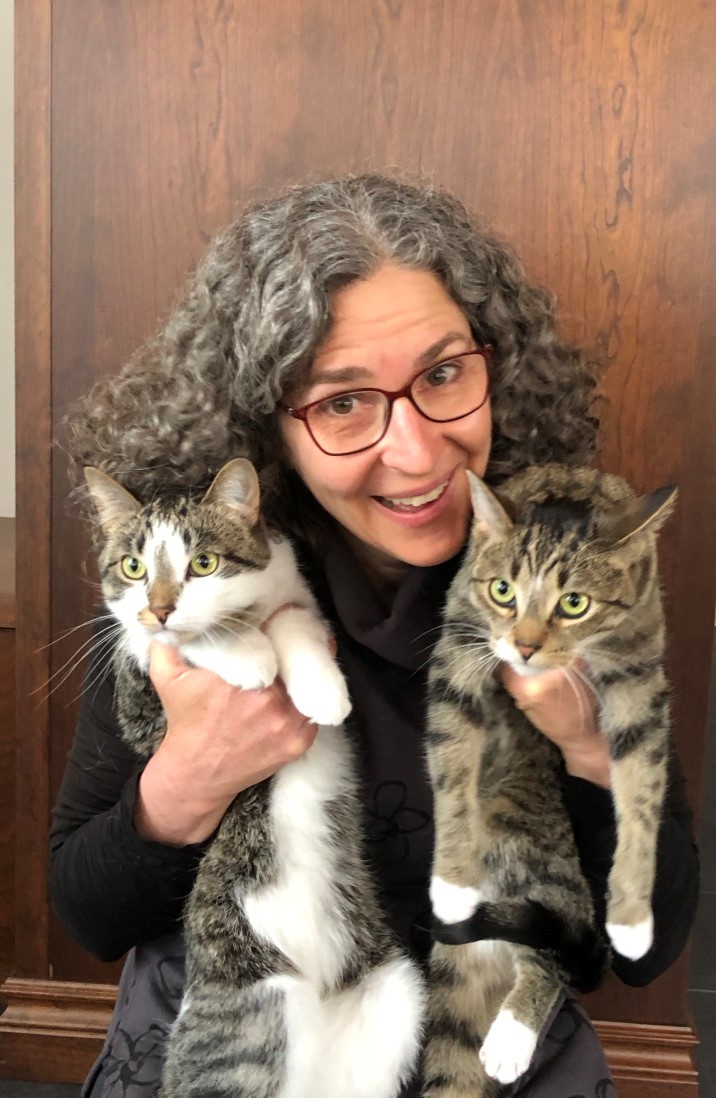 Susan Pinker is a Canadian developmental psychologist, columnist, and broadcaster who writes about social science. Her work has been featured in The New York Times, The Globe and Mail, The Times of London, the BBC, the CBC, The Economist, Atlantic Monthly, The Financial Times, Der Spiegel, and NBC’s TODAY show. On Wednesday, February 4, 2015, Susan will be at St. Clement’s School to share eye-opening insights from her latest book, The Village Effect: How Face-to-Face Contact Can Make Us Healthier and Happier.
Susan Pinker is a Canadian developmental psychologist, columnist, and broadcaster who writes about social science. Her work has been featured in The New York Times, The Globe and Mail, The Times of London, the BBC, the CBC, The Economist, Atlantic Monthly, The Financial Times, Der Spiegel, and NBC’s TODAY show. On Wednesday, February 4, 2015, Susan will be at St. Clement’s School to share eye-opening insights from her latest book, The Village Effect: How Face-to-Face Contact Can Make Us Healthier and Happier.
As technology has become more and more prevalent in our lives, it has begun to take the place of real life human interactions. These days we are all quite accustomed to using mediums like email, text messaging, and social media to interact with each other. We may even believe that these virtual or online interactions are just as beneficial to us and can stand in for regular, real life contact. Susan Pinker has gathered compelling research which indicates the opposite: it is imperative we have face-to-face contact with each other, build a real, personal social network, and cultivate a community of friends frequently seen in the real world.
These close, in-person relationships are particularly important to our mental and physical health. As well, tight-knit relationships are the strongest drivers of happiness, and being alone and unaffiliated makes us unhappy. Common sense dictates that humans are social animals, but what is also important is the frequency of our social contact, as well as the genuine nature of our interactions. As humans, we need to feel that we belong.
Some of Susan’s persuasive illustrations of just how important in-person contact can be:
 Those with a tightly connected circle of friends who regularly gather are likely to live an average of 15 years longer than a loner
Those with a tightly connected circle of friends who regularly gather are likely to live an average of 15 years longer than a loner- Teens spend more time on social networks which results in more online contacts, however, these do not translate into genuine offline connections or a feeling of closeness
- People with active social lives have greater physiological resilience and recover faster after an illness than those who are solitary
- Face-to-face contact with a skilled teacher for one year has more impact than any laptop program has had so far
- Being married significantly reduces your chance of being hospitalized, developing gum disease, going to jail, or dying in a car accident
- The more meals you eat with your child, the larger the child’s vocabulary and the higher his or her grades
Having frequent and genuine face-to-face social interactions can not only promote happiness, but ward off disease, better educate our children, help us succeed in business, and increase our lifespan. In The Village Effect, Susan offers guidelines on how we can create these valuable and essential human connections by growing a community that ensures close human contact on a regular basis. While it can be tempting to use online communications to interact with each other, and as technology evolves it can even seem like the easier or better option, Susan reminds us that nothing can take the place of fundamental human connection. It makes us smarter, healthier, happier, and more successful!
Tickets to Susan Pinker’s appearance at St. Clement’s School are complimentary, and can be reserved by going to www.scs.on.ca/performances.




